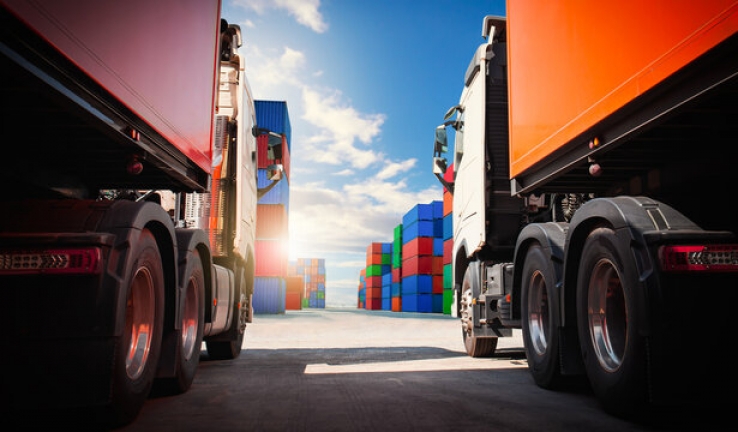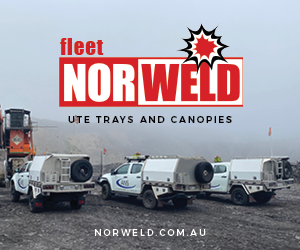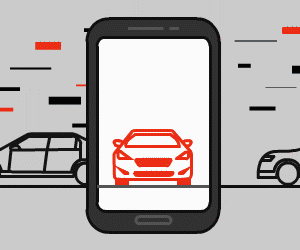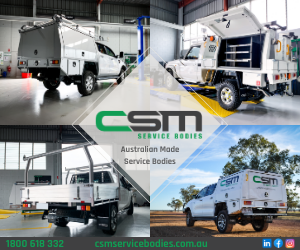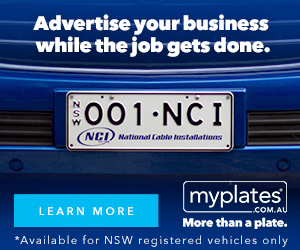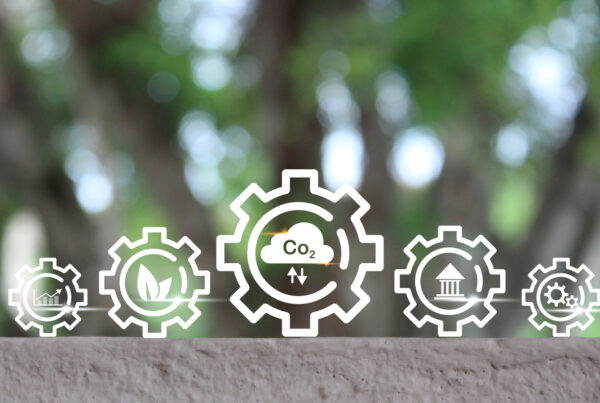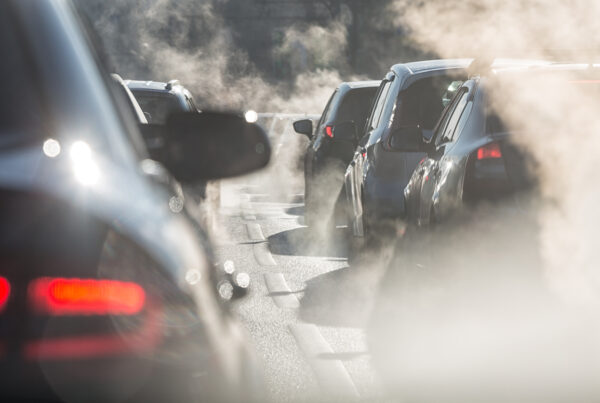The Electric Vehicle Council, Australian Trucking Association, Heavy Vehicle Industry Association and the Australian Hydrogen Council have joined forces to advocate for government direction and support that goes beyond light vehicles, the focus of the government’s first National Electric Vehicle Strategy.
While the Strategy and commitment to a Fuel Efficiency Standard is a major step forward for Australia, the freight and transport industry believes trucks and logistics will be left in the slow lane to decarbonisation if the scope of government policy isn’t expanded.
The freight and logistics transport sector contributes 38 percent of Australia’s transport emissions. While Australia has a legislated commitment to net zero emissions, there is no plan for reducing emissions from road freight transport.
The Australian trucking industry faces significant barriers to the adoption of zero emission trucks, including vehicle design rules, lack of electric truck recharging and hydrogen refuelling infrastructure, and a temporary but significant higher upfront cost.
The Australian Government should:
- Develop a national zero emission truck strategy
- Sign the2 global memorandum of understanding on zero emission trucks, to set clear climate ambition for medium and heavy vehicles
- Fix the regulatory barriers (i.e. width and axle mass limits) to zero emission trucks, to increase vehicle model supply
- Increase investment in electric recharging and hydrogen refuelling infrastructure for trucks
- Implement a purchase price incentive for zero emission trucks
- Fund and implement an upskilling and reskilling plan to ensure the preparedness of the workforce to transition to a zero emission fleet.
As an organisation in strong support of a zero emissions future, IKEA Australia backs the industry call for government to support the decarbonisation of the commercial logistics sector.
Alexandra Kelly, Zero Emissions Delivery Lead, IKEA Australia, said, “Freight is a big part of Australia’s decarbonisation journey with unique challenges. It’s essential for this industry to have dedicated policy support that would enable retailers, vehicle manufacturers, transport service providers and owner-drivers to make the transition to zero emissions delivery.
As the first home-furnishing retailer in Australia to use electric vehicles for deliveries with our transport service providers, we are committed to achieving 100% zero emissions delivery by 2025. But we cannot do it alone. More is needed to build confidence in the sector that now is the time to electrify.”
The freight and transport industry welcomes the opening of consultation on light vehicle fuel efficiency standards, to improve the supply of low and zero emission light vehicles, including for commercial fleets.
Did you find this article interesting? Give it a like by clicking the ‘heart’ button above!

